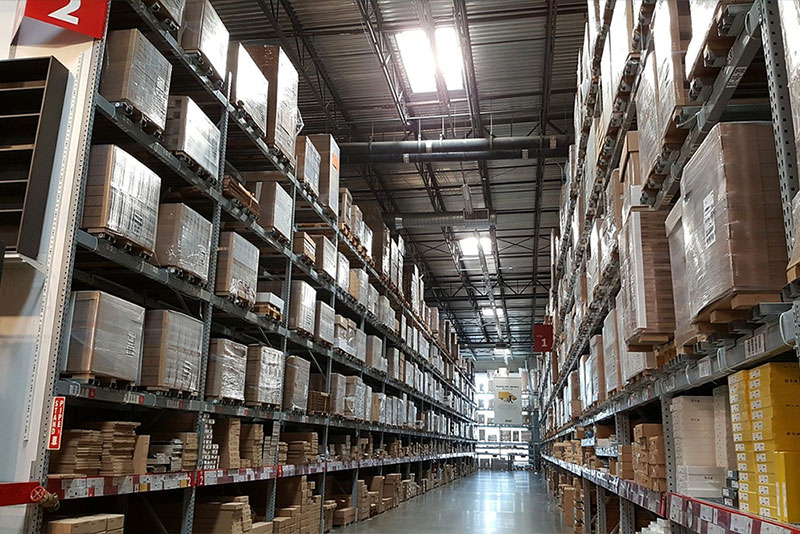Global supply chain management has emerged as a critical aspect of modern business operations, playing a pivotal role in the success and sustainability of companies worldwide. In an interconnected global economy, efficient management of the supply chain has become synonymous with competitiveness and profitability.

So, what exactly is global supply chain management? Simply put, it encompasses the planning, coordination, execution, and monitoring of all activities involved in the sourcing, procurement, production, and distribution of goods and services on a global scale. From raw material sourcing to final product delivery, every step must be carefully orchestrated to optimize efficiency, minimize costs, and meet customer demands.

In today's dynamic business environment, global supply chains face numerous challenges, ranging from geopolitical uncertainties to natural disasters and pandemics. These disruptions can severely impact the flow of goods and services, leading to supply shortages, production delays, and increased costs.
However, organizations that prioritize resilience and agility in their supply chain management are better equipped to navigate these challenges and seize opportunities for growth. By leveraging advanced technologies such as artificial intelligence, big data analytics, and blockchain, companies can gain greater visibility and control over their supply chains, enabling real-time decision-making and proactive risk mitigation.

Moreover, collaboration and partnerships are essential elements of effective global supply chain management. By forging strong relationships with suppliers, manufacturers, logistics providers, and other stakeholders, companies can foster trust, innovation, and mutual success. Strategic alliances also enable businesses to access new markets, diversify their supplier base, and enhance their competitive advantage.
Ultimately, the goal of global supply chain management is to create value for all stakeholders while minimizing environmental impact and promoting sustainable practices. By adopting a holistic approach that integrates economic, social, and environmental considerations, companies can build resilient supply chains that deliver long-term value and contribute to a more prosperous and equitable world.